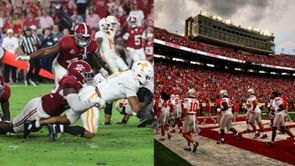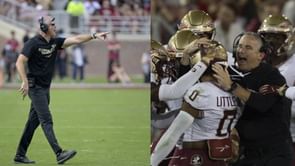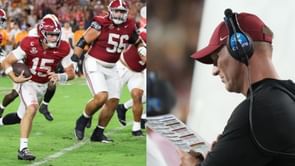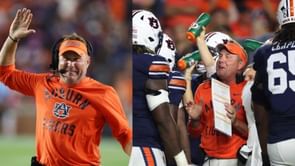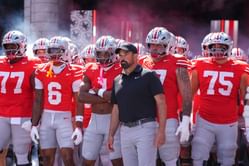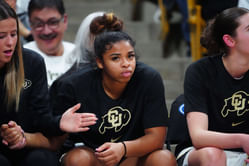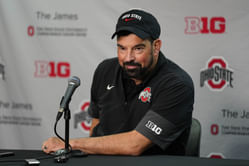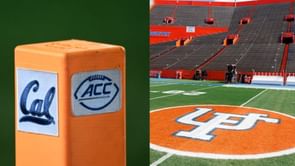
College football is a beloved American pastime, a source of excitement and camaraderie. Fans are eagerly anticipate Saturdays in the fall, ready to immerse themselves in the action, yet there's one question that often lingers: How long do college football games last? In this exploration, we will delve into the factors that contribute to the duration of these games, from regulation play to overtimes, and understand why they are slightly longer than their NFL counterparts.
The Average Duration of College Football Games
The current NCAA statistics reveal that the average college football game lasts approximately 3 hours and 22 minutes. This is a modest increase from just five years ago, reflecting the evolving landscape of college football. However, the NCAA has implemented a rule change for the 2023 season that may help reduce the overall game duration.
How Long is Core Regulation Playtime in College Football?
At the heart of every college football game lies 60 minutes of regulation play, split into four quarters of 15 minutes each. This is where the action unfolds on the field. Teams battle it out, attempting to gain ground, score touchdowns, and secure their victory. During these quarters, the game clock counts down from 15:00 to 0:00, with stoppages for various reasons.
What Factors Affecting Game Length in college?
Commercial Breaks and TV Timeouts
One key factor influencing the duration of college football games is the inclusion of commercial breaks, especially in nationally televised games. These commercial interruptions can add around 30 minutes to the total runtime, with approximately four TV timeouts occurring each quarter. It's a necessary element of broadcasting and a revenue generator, but it does extend the game.
Halftime Extravaganza
Halftime in college football is unlike any other sport. It's not just a time for players to regroup but also an opportunity for fans to enjoy the spectacular performances of both teams' marching bands. According to NCAA rules, halftime should be 20 minutes, but this can be shortened by mutual agreement of the administrations of both schools. The elaborate halftime shows can extend this period further, sometimes adding up to an extra 30 minutes to the game.
Game Clock Stoppage
The game clock in college football is not always running. It stops when specific events occur, including a team achieving a first down, taking timeouts, or experiencing incomplete passes. These stoppages are part of the game's natural flow and can contribute to the overall length. Additionally, player injuries, delay of game penalties, and replay reviews all lead to clock stoppage.
Overtime of Games
Overtime in college football introduces an element of uncertainty to game duration. If a game remains tied at the end of regulation, teams enter overtime, and this is where the clock management varies from the NFL. In the first two overtime periods, each team has one possession starting from the opponents' 25-yard line. However, in the third overtime and beyond, a unique rule change comes into play. Teams are required to attempt two-point conversions, making overtimes slightly different from conventional offensive touchdowns. The length of overtime can vary, making it challenging to predict the game's end time.
The NCAA's Clock Management Rule Change
Starting in 2023, a significant change in clock management aims to streamline the game. The clock will now continue to run after a team achieves a first down, except when there is less than 2 minutes and 30 seconds left in either half. Previously, the game clock and play clock stopped after a first down, only resuming after the referee's signal. This subtle shift brings college football more in line with other sports and may shorten the average game time.
As fans continue to revel in the excitement of college football, they can rest assured that the NCAA's clock management rule change for the 2023 season may contribute to shorter game durations. However, the core essence of college football remains untouched—a thrilling and action-packed sport that captivates audiences, even if it runs a little longer than its NFL counterpart. So, on those fall Saturdays, grab your snacks, settle in, and enjoy the game, knowing that the answer to "How long do college football games last?" is as dynamic as the game itself.
FAQs
A1: The average college football game lasts about 3 hours and 22 minutes.
A2: Halftime in college football typically lasts for 20 minutes.
A3: TV commercials, with about four timeouts per quarter, add around 30 minutes to the game's runtime.
A4: In college football, there are no ties after the first overtime. Teams have one possession each from the opponent's 25-yard line.
